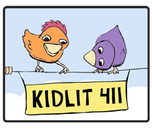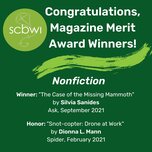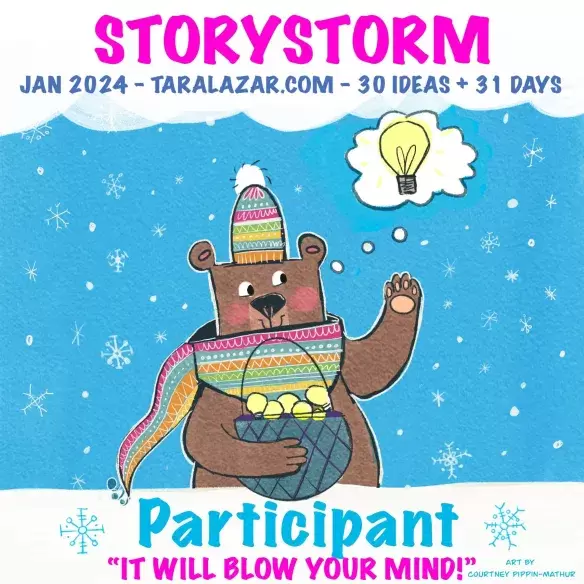 (c) Cliparts.com
(c) Cliparts.com How had I missed this obviously misspelled word? Hadn’t I poked around in my draft double-checking for spelling pocks? Is it possible that my brain read POKED even though POCKED was typed out on the page? Doctors can you tell me? Can you offer me an excuse?
Doctor Mary C. Potter, professor of psychology with the Department of Brain and Cognitive Sciences at the Massachusetts Institute of Technology, had this to say of my theory-query: “Your hypothesis sounds reasonable, because it fits with evidence that your expectation about what word comes next (as you read) will result in overlooking errors.”
Doctor Alice F. Healy, professor with the Department of Psychology and Neuroscience at the University of Colorado, had this to say: “I don't know of any research on your theory, but it does seem reasonable to me.”
Ah, ha! I’m feeling less-itchy already.
Both Healy and Potter, along with numerous other neuroscientists and psychologists, have done quite a bit of research in the area of proofreading psychology, and have learned much about the way the brain processes words (and spots misspellings) while reading. What they have discovered from their decades of research is interesting, indeed.
One conclusion they made is that, when we read, our brains often employ “automatic processing” of words. That is, our brains recognize words as entire units rather than as individual letter strings. Thus, misspelled words, especially those that contain the same letters, make the same sounds, or look similar to the correctly spelled word are often overlooked as being misspelled, even though subjects are specifically looking for misspellings.
For example, one experiment noted that when a letter within a word is replaced with a similar looking and sized letter, creating a misspelling--thc instead of the for instance--more often than not the misspelling is not discovered.
Another experiment explored the idea that our brains use “lexical priming” while reading. This experiment concluded that if a word such as duck is misspelled dack within a sentence where the context makes it clear that duck is meant, our brains will read duck though dack is written! And if the nonsensical dack appears in a list of real words like deck and duck, its appearance as nonsensical is not clearly revealed to the eye as nonsensical.
So what’s a girl to do when she wants to find a misspelled word like POCKED if her brain reads POKED while proofreading?
Healy replies: “As for suggestions on how to see your spelling errors of this type, I recommend that you simply proofread more slowly, reading each word aloud as it is written. Or better yet, ask a friend to proofread your material before sending it off someplace where the errors might be critical.”
Potter suggests that “If you have the time to wait a day or two before re-reading, that might help.”
As for me, next time I’m proofreading, I think I'll re-read every sentence from right to left. Maybe then my brain will neutralize all spelling pocks. And if that hypothesis proves false, then I'll just have to wait for researchers like Healy and Potter to discover a surefire cure for all spelling pocks.











